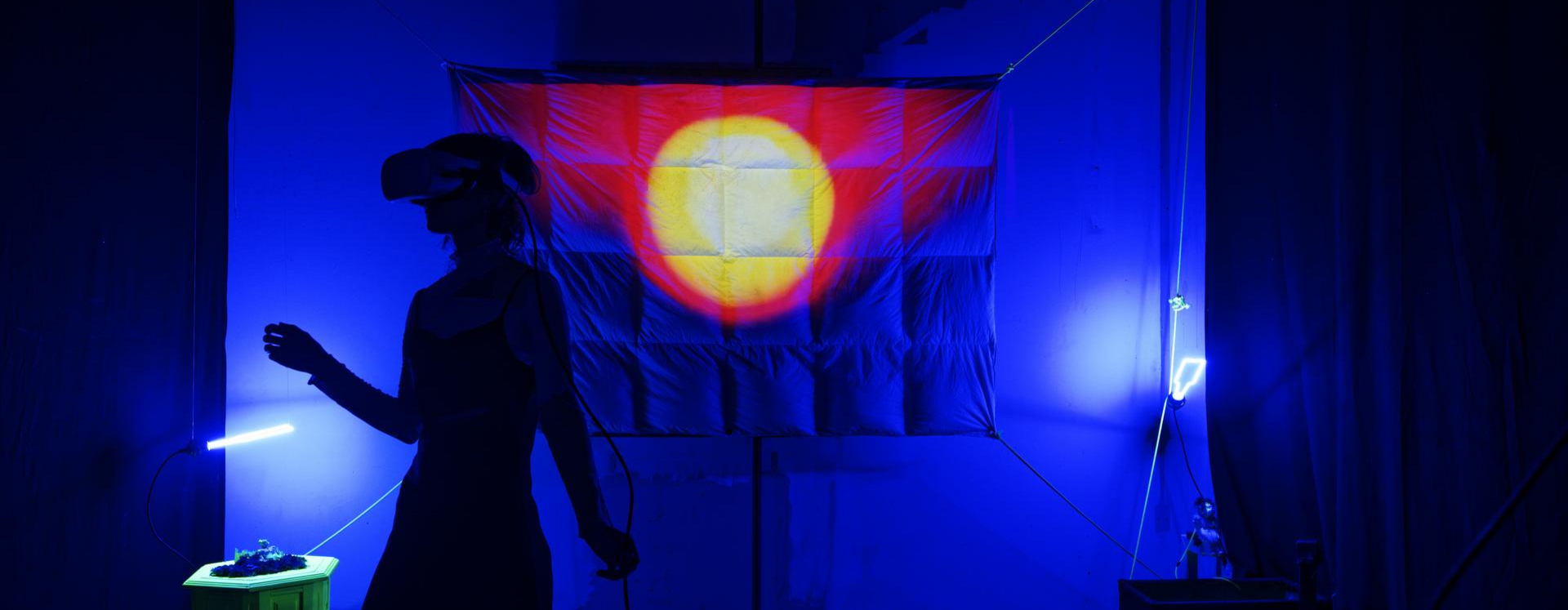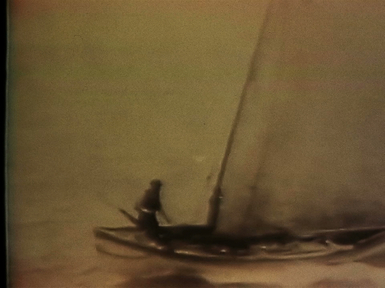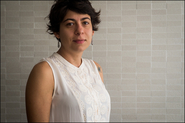Transcreation
"As a woman, I’ve appropriated the History of all women – my mother and grandmothers, the feminist movements everywhere and also the oppression. I rearrange its fragments to build my own female identity. Likewise, working with found-footage is appropriating a collective memory and using it to express one’s own truth.
The present is all we have, but we relate to it through our memories. Those are influenced by the stories we’re told – all together they form our collective memory. Often, the stories we integrate are manipulated by ideologies and hidden agendas. We must therefore actively participate in the creation of our collective memory by telling our stories ourselves. Appropriating our past and transcreating it into our own narratives – our own truths – is a way to achieve empowerment.
Nowadays we have the practical means to do so. The internet is a huge depository of bits and pieces of the past, all asking to be looked upon through different perspectives and recombined in narratives that offer new versions of old and current events. Now, more than ever before, History is ours to write.
As an artist, in order to transcreate, I appropriate a work done in one media and recreate it in another. The general relevance of this process is that it demands an active attitude toward the original piece. Watching it from a distance is not enough. We must devour it, digest it, incorporate it and finally create our own account of it.
How to understand with the stomach what the brain has conceived? For me writing is a very rational process whereas filmmaking brings me closer to my guts. As a filmmaker, by transcreating from literature into film, I’m investigating how to write with images, sounds, cuts. As a writer, I’m learning to think with my belly."


